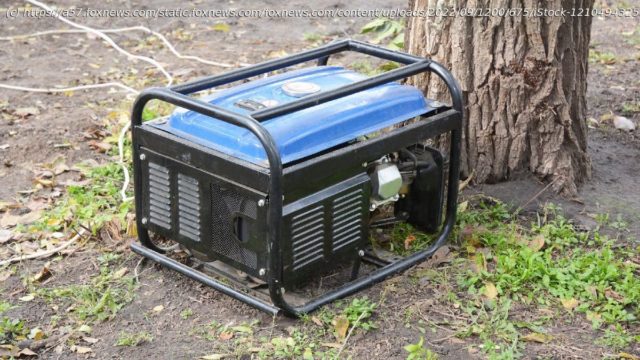Here are storm safety precautions from the U.S. Consumer Product Safety Commission and National Weather Service following Hurricane Debby making landfall in Steinhatchee, Florida.
Hurricane Debby made landfall near Steinhatchee, Florida, as the storm brought heavy rains, strong winds and power outages to parts of the Sunshine State.
After landfall, power outages skyrocketed to more than 300,000 utility customers following the Category 1 storm, according to PowerOutage.us.
The U.S. Consumer Product Safety Commission (CPSC) made it a point to remind Americans that extreme weather conditions put people at risk of power outages, carbon monoxide poisoning, fire and electric shock.
With hurricane season on the Gulf and Atlantic Coast running from June 1 to Nov. 30, according to the National Weather Service’s (NWS) current forecast, families still have time to review tropical storm hazards and prepare for worst-case scenarios.
It’s suggested that you prepare now if you haven’t already.
Here are safety precautions that the CPSC and the NWS want Americans to keep in mind for current and future storms.Know how to use a generator
Each year, over 200 U.S. consumers die from generator-linked carbon monoxide poisoning each year, the CPSC estimates.
Carbon monoxide poisoning from portable gasoline-powered generators „can kill in minutes“ because the gas is „colorless and odorless.“
People who are exposed to carbon monoxide can lose consciousness before they recognize common poisoning symptoms such as nausea, dizziness or weakness, according to the CPSC.
Portable generators should never be operated inside the home, garage, basement, crawlspace, shed or on a porch, the CPSC said — and should instead be placed outside at least 20 feet away from a home.
„Opening doors or windows will not provide enough ventilation to prevent the buildup of lethal levels of CO“, the CPSC reported.
„The generator’s exhaust [should be kept] away from the home and any other buildings that someone could enter, while keeping windows and other openings closed in the exhaust path of the generator.“
Owners of generators and aspiring owners should review in-depth safety materials, keep up the machine maintenance per the manufacturer’s instructions and look for models that have carbon monoxide detectors with automatic shut-off technology, according to the CPSC.






